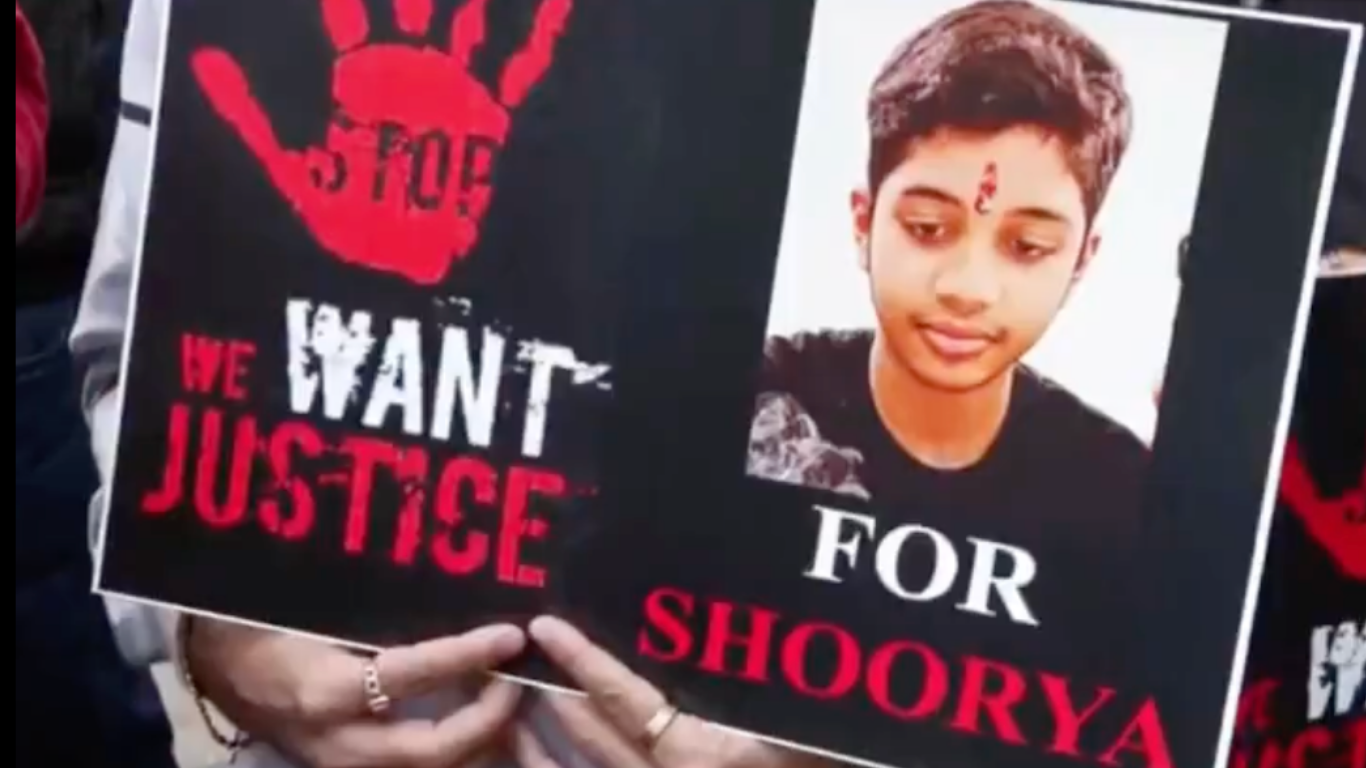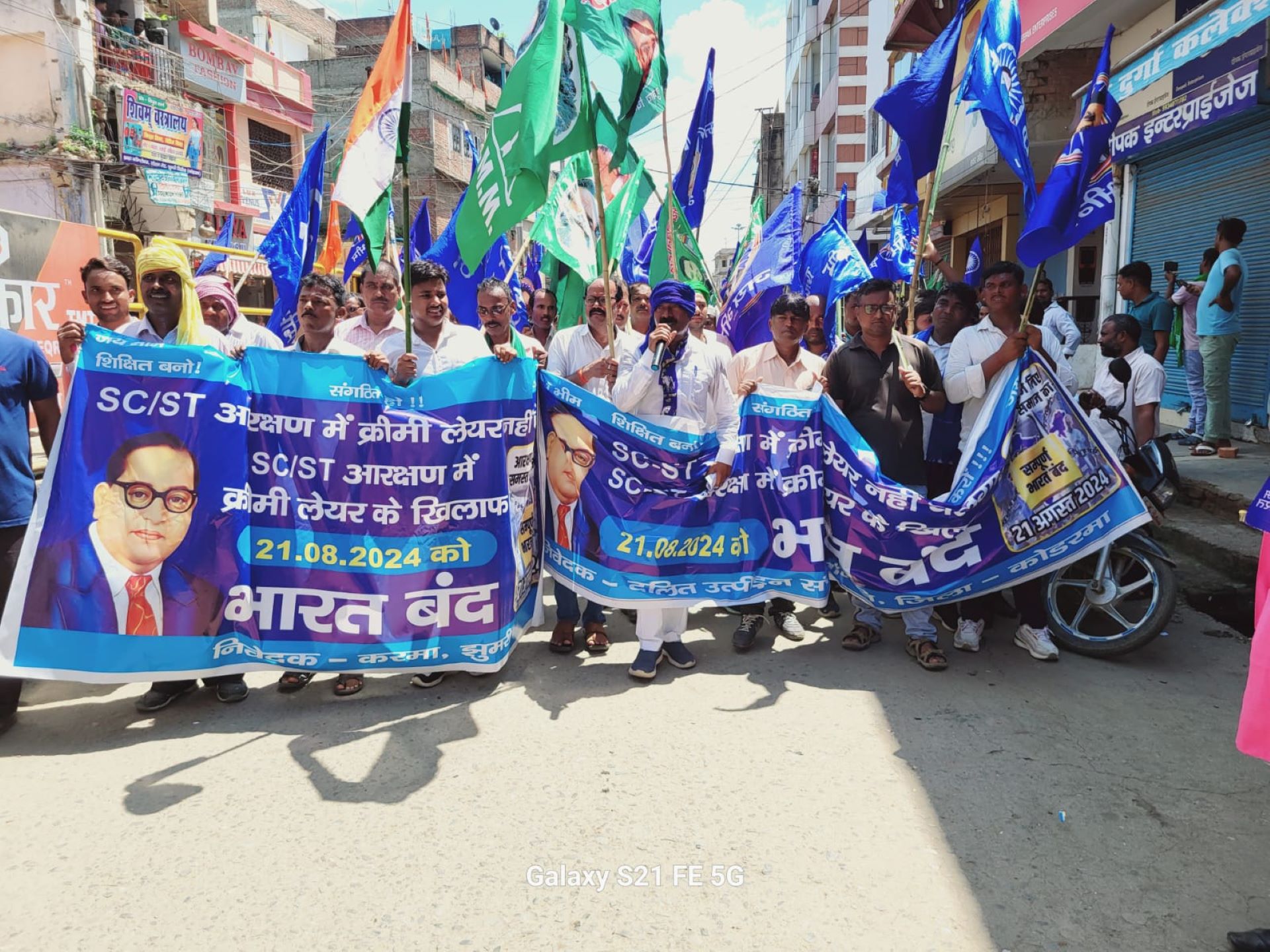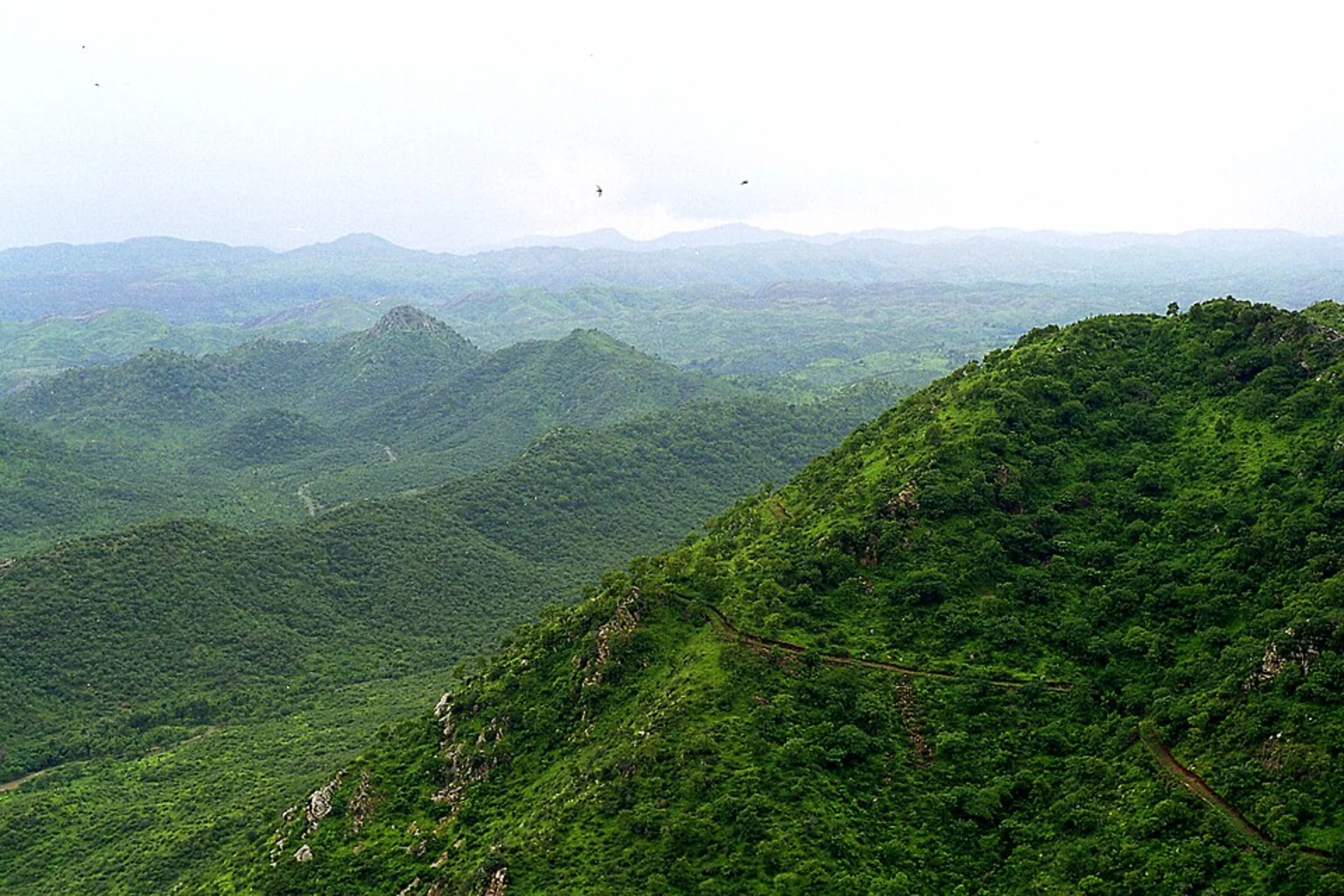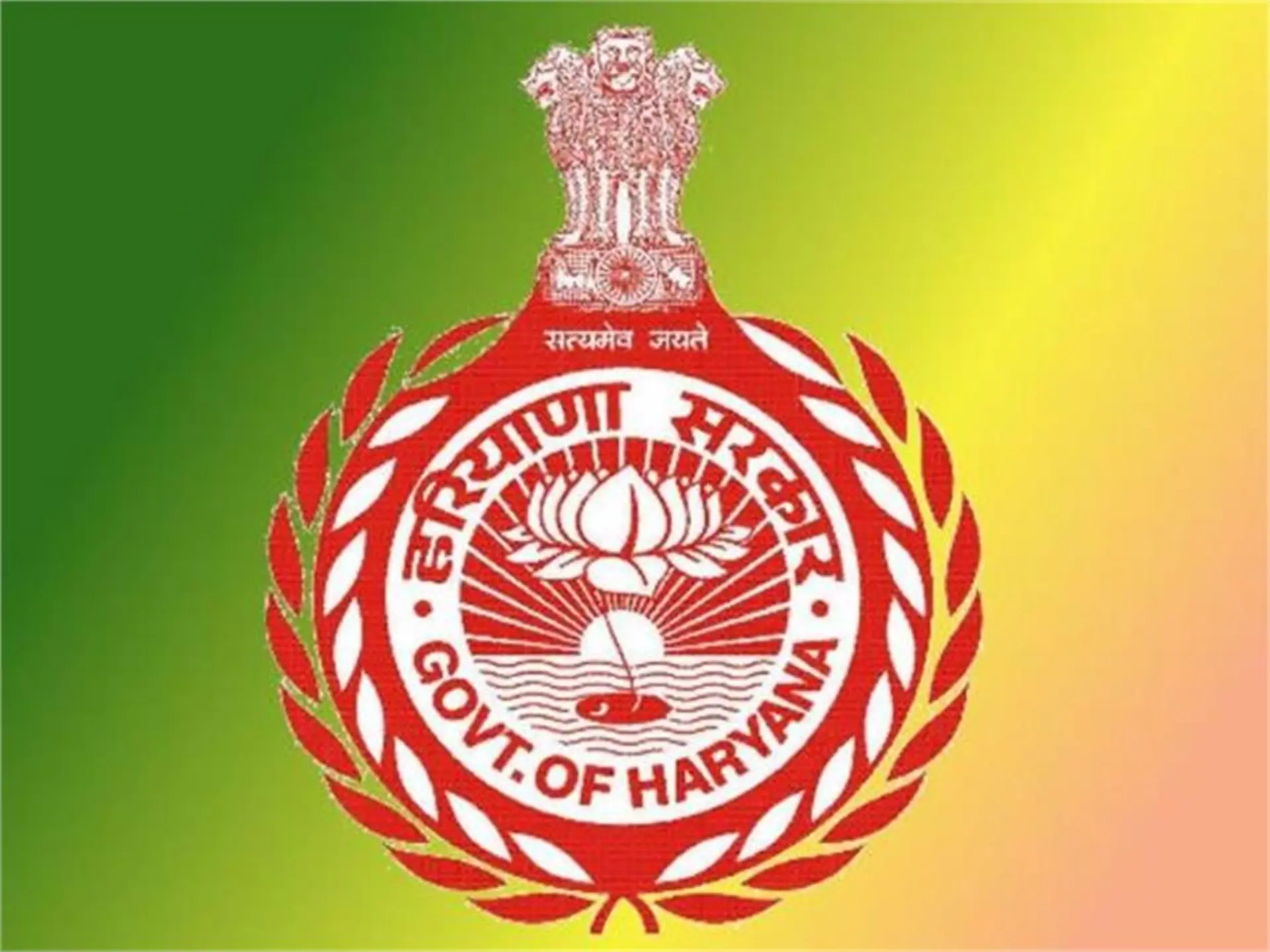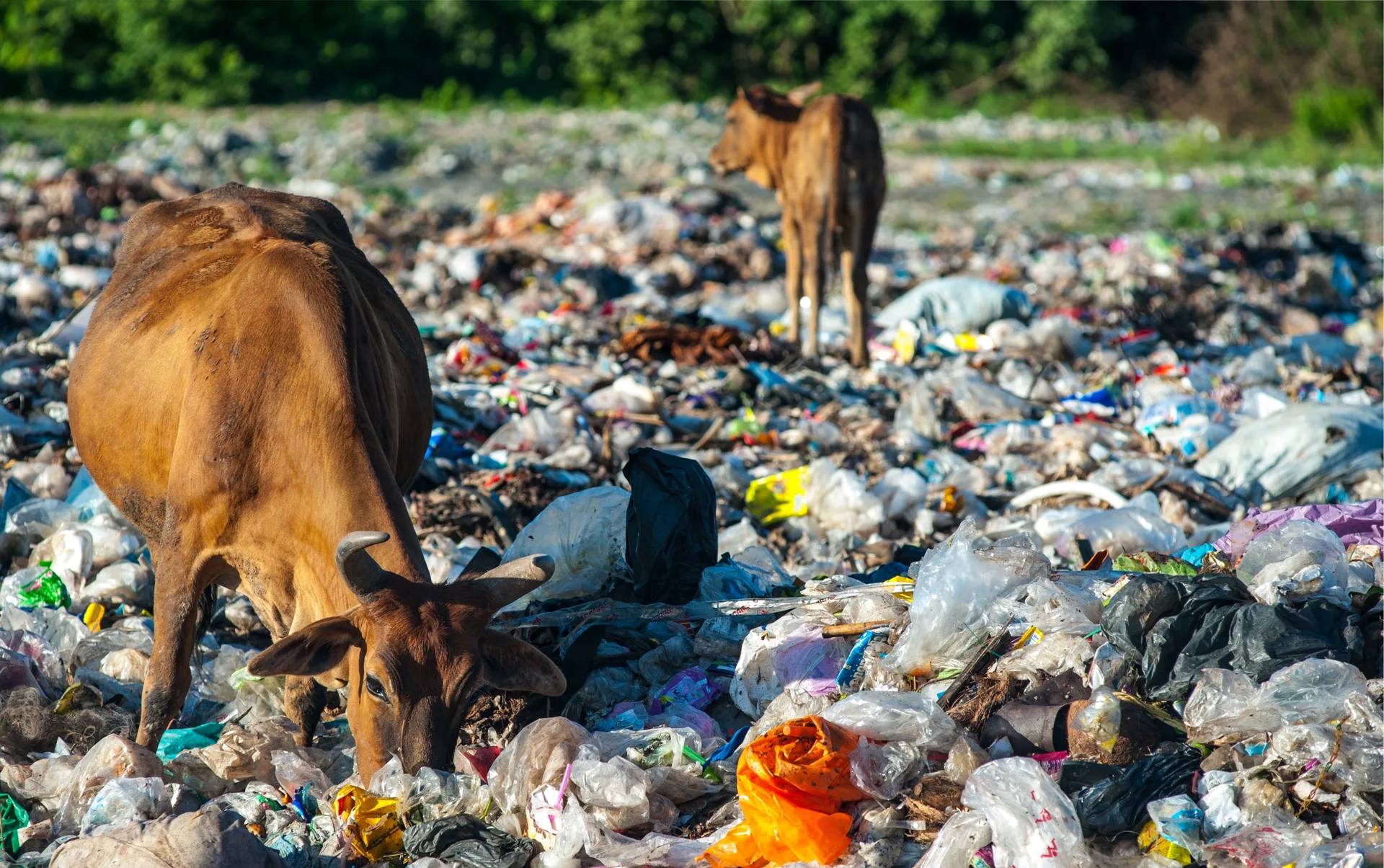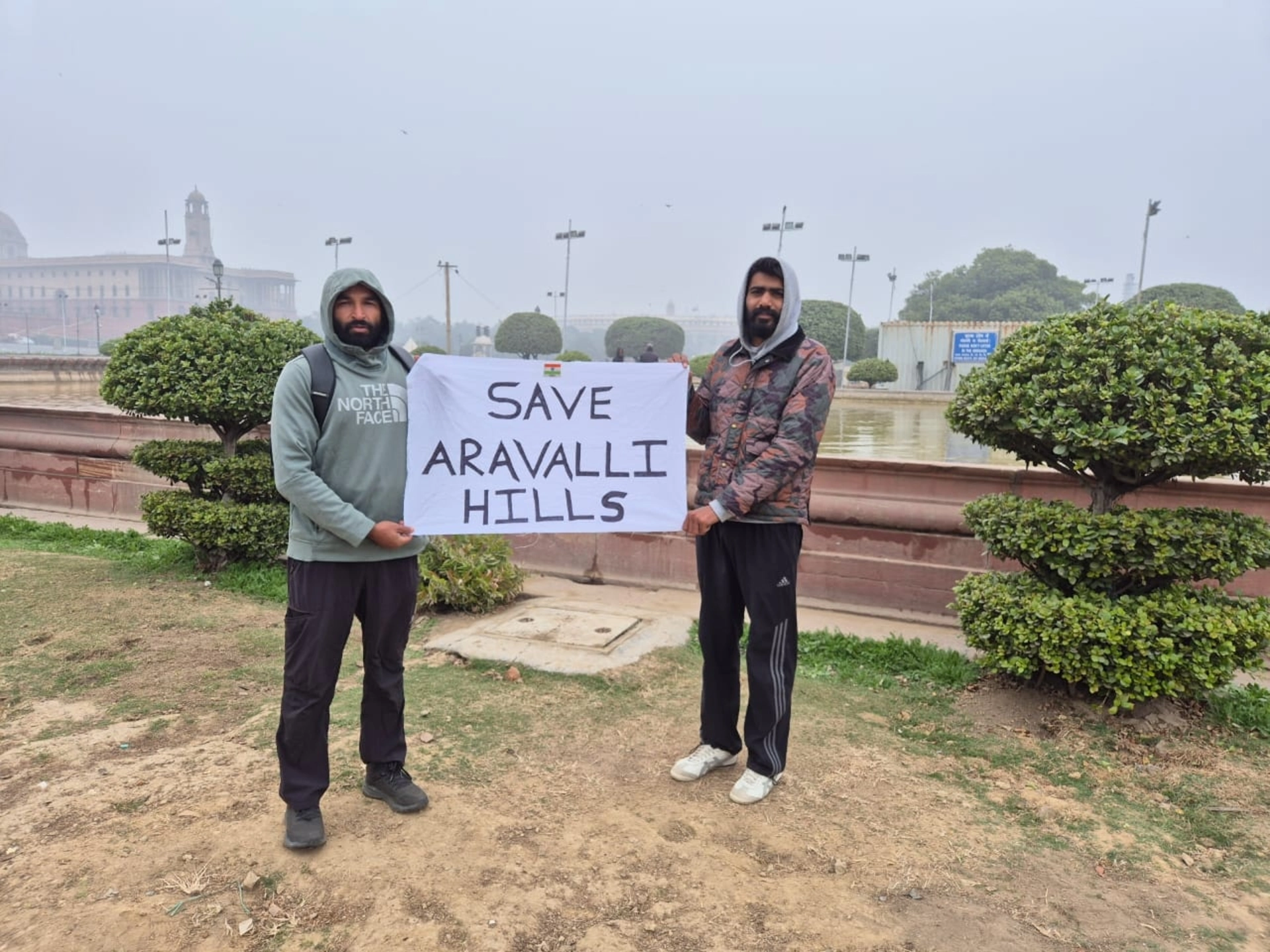
The nationwide shutdown, or 'Bharat Bandh', called by Dalit and Adivasi groups to protest the Supreme Court's ruling on sub-classification of Scheduled Castes (SCs) and Scheduled Tribes (STs), failed to generate a significant response in the northern states of Punjab and Haryana. Despite the call for a pan-India shutdown, life in these two states remained largely unaffected, with banking services, educational institutions, and business establishments functioning normally. The situation in the union territory of Chandigarh was also reported to be almost normal.
In Punjab, the protests were more visible in the SC-dominated districts of Jalandhar and Hoshiarpur, where activists were seen asking traders to close their shops. However, the overall impact was limited, and there were no reports of any major disruptions or untoward incidents. The state governments had made adequate security arrangements to maintain law and order, with a heavy deployment of police personnel in the vulnerable areas. Emergency medical services were also exempted from the blockade.
The Bharat Bandh was supported by various political parties, including the Left, Jharkhand Mukti Morcha, Congress, Rashtriya Janata Dal, and Bahujan Samajwadi Party (BSP). BSP chief Mayawati criticized the Supreme Court's decision, stating that it was a "conspiracy against reservation" by the BJP and Congress.
The Supreme Court had earlier ruled that states can create sub-classifications within SC and ST categories and also permit the creation of a 'creamy layer' within these groups. However, the Centre later rejected this ruling.
related

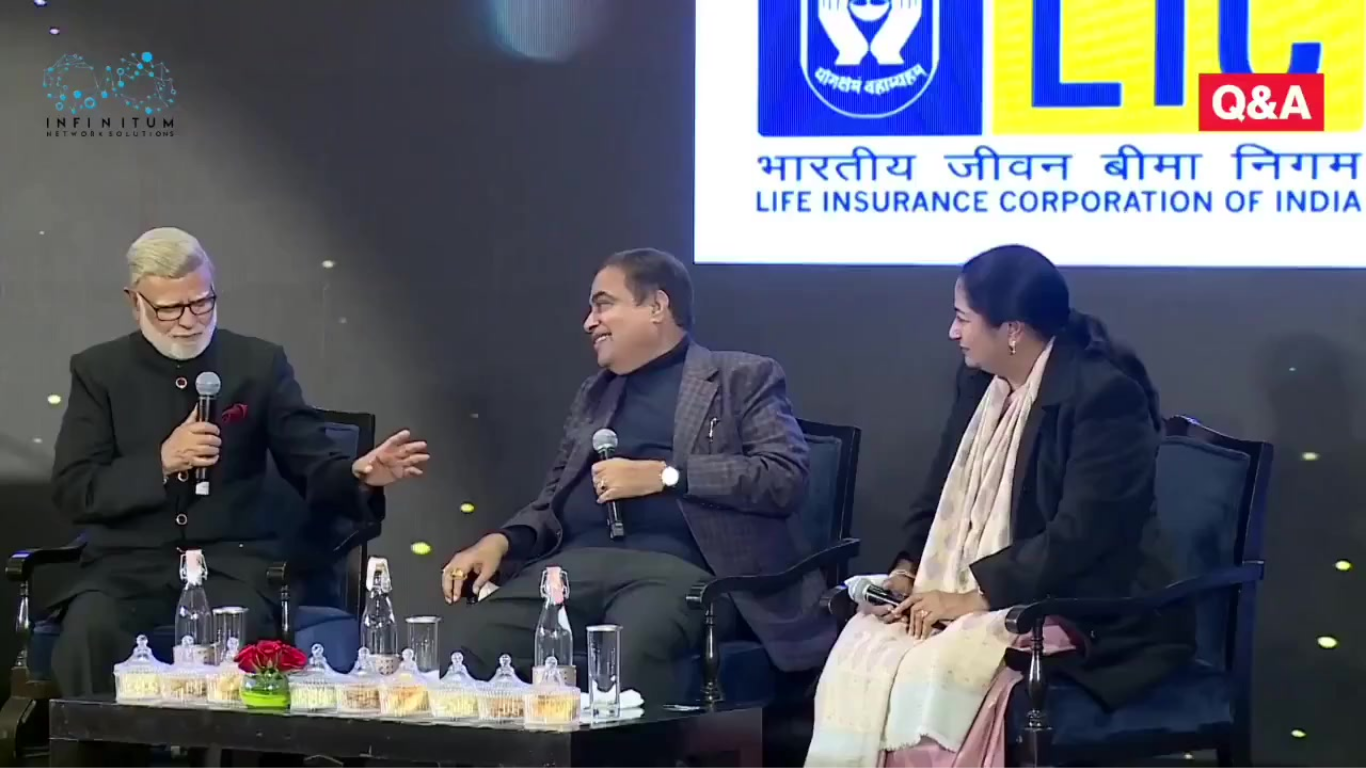
₹60,000 Crore Spent, But Gurugram Still Choked: Gadkari Deflects Infrastructure Question With Auto Industry Pitch

Laying the Strongest Foundation Education Reform Language Empowerment and India’s Path to AI Sovereignty
